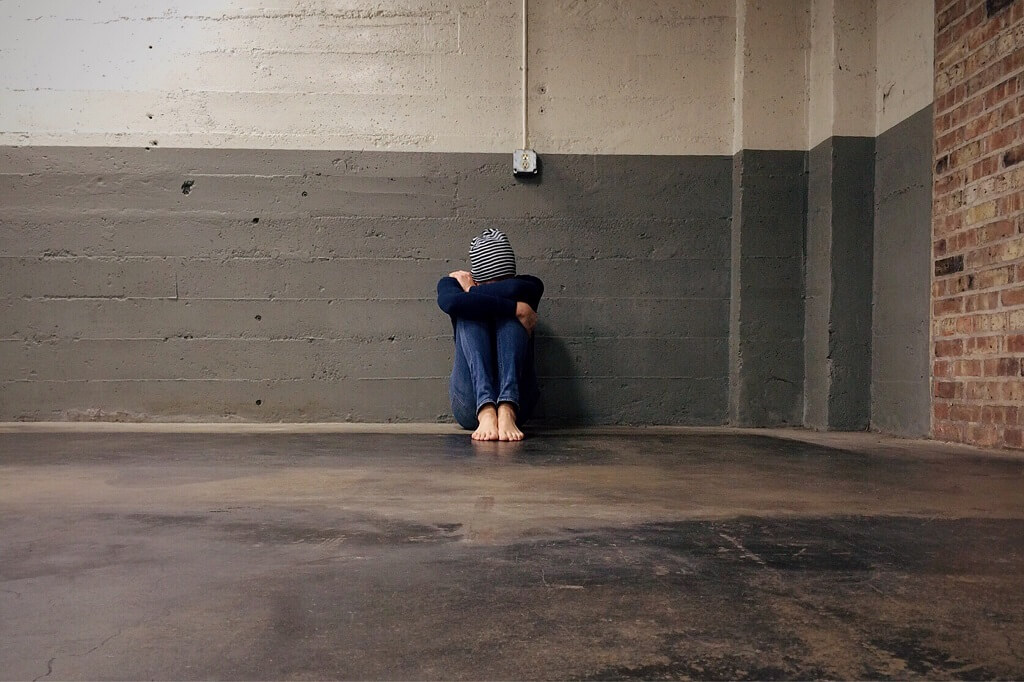4 Addiction Relapse Triggers to Avoid in 2020
“What remains in diseases after the crisis is apt to produce relapses.”
– Hippocrates, “Aphorisms“

The road to recovery from substance addiction is rarely a straight one. In reality, there are detours, hairpin bends (you need to slow down when faced with one of these), and the occasional, though often unavoidable, accident. Sometimes, a few of these even prove fatal, and the recovering addict involved becomes just another wreck-on-the-highway statistic.
According to the National Institute on Drug Abuse, between 40 and 60% of people recovering from a substance use disorder (SUD), defined medically as a “chronic, relapsing brain disorder,” will relapse at some point. This rate is similar to rates of relapse for other chronic diseases, such as hypertension, Type I diabetes, and asthma.
However, a relapse in recovery is seldom looked upon in those terms, especially by the recovering addict themselves, as they believe and hope that such an episode is unavoidable. Avoidable or not, and there are some professional addiction specialists that state that, actually, “relapse is a normal part of the recovery process,” something would have happened that prompted such a person's uncontrollable need to get high or get drunk again. This is known as a relapse trigger.
Everybody is unique in their own way, and recovering addicts are no different. There are a potentially huge number of triggers that can spark a relapse – factors far too great in number to list here. Therefore, we shall look at what are considered, in a relatively broad sense, to be 4 of the most common addiction relapse triggers that can result in a recovery relapse, regardless of how many continuous days, months, even years of sobriety that the recovering addict may already clocked up.
To return to our road analogy again, it's not the distance you have traveled – maybe it's the road-worthiness of your vehicle. Here are your “4 Addiction Relapse Triggers to Avoid in 2020.” Read on…
Before we begin, it's important to understand the primary groups (which the vast majority of relapse triggers belong to) can be categorized as follows, as either:
- Emotional
- Environmental or
- Mental
#1. Difficult & Negative Emotions
Many addictions begin because the person concerned is faced with difficult and negative emotions that they continually struggle to resolve, and eventually substance abuse seems the only way for them to cope. If these same emotions appear again to that person when they are now a recovering addict, it can prompt a relapse into those addictive behaviors again.
However, learning the necessary coping skills and strategies to combat these emotions, during either a residence within a rehab center or through other therapies, will put the recovering addict in a far better place to effectively resolves these.
#2. Stress
An inability to deal effectively with the stress within a recovering addict's life could well be the most common relapse trigger. Chronic and acute stress are also primary reasons for the beginning of substance abuse in the first place. For most people, stress is a common feeling in their everyday lives; however, for those in recovery, without adopting self-help strategies like mindfulness meditation, yoga and others, they can become overwhelmed by stress to the point of experiencing a relapse.
#3. Physical Illness or Mental Disorder
Suffering from either a physical illness or an untreated diagnosed mental disorder is another relapse trigger than can, in itself, prompt a return to substance abuse. With that in mind, a recovering addict's overall health and wellbeing is of paramount importance. It is therefore important that to advise the physician that they are in addiction recovery (if they don't already know). Furthermore, mental disorders, especially depression and anxiety, can result in a person experiencing more triggers or more powerful ones.
#4. Romantic Relationships
The breakdown of an important personal and intimate relationship requires a certain degree of mental strength and fortitude to be able to move on. However, for those in early recovery, that mental and emotional strength might simply not be there yet, as they adjust to their new, sober lives. In fact,, there is a saying in some addiction recovery circles: “Relationships = Relapse.” That doesn't mean that a person in recovery needs to live a single and celibate life – it is just advisable to avoid such relationships during, at least, the first year of recovery.
Prevention… When there's No Cure
Until an addiction cure is found (and that, if you know anything of the disorder, is highly unlikely in our lifetimes), the only way to avoid a relapse into the damaging substance abuse of the past is through prevention. The best ways of preventing such a relapse is through:
- Support Networks (family, friends, sponsors, addiction specialists and others)
- Learning the Coping Skills Required
- Identifying & Understanding an Individual's Own Relapse Triggers
- Relapse Prevention Plan
- Continuing Therapy (for example, another addiction treatment program, such as outpatient rehab in Seattle or elsewhere in Washington state)
- Nutrition & Exercise
- Treatment for Other Illnesses or Disorders
These “4 Addiction Relapse Triggers to Avoid in 2020” – Difficult & Negative Emotions, Stress, Physical Illness or Mental Disorder, and Romantic Relationships – can only be dealt with safely and effectively by ensuring an addict or alcoholic in recovery employs all of prevention considerations listed above. Good luck.
839GYLCCC1992



Leave a Reply